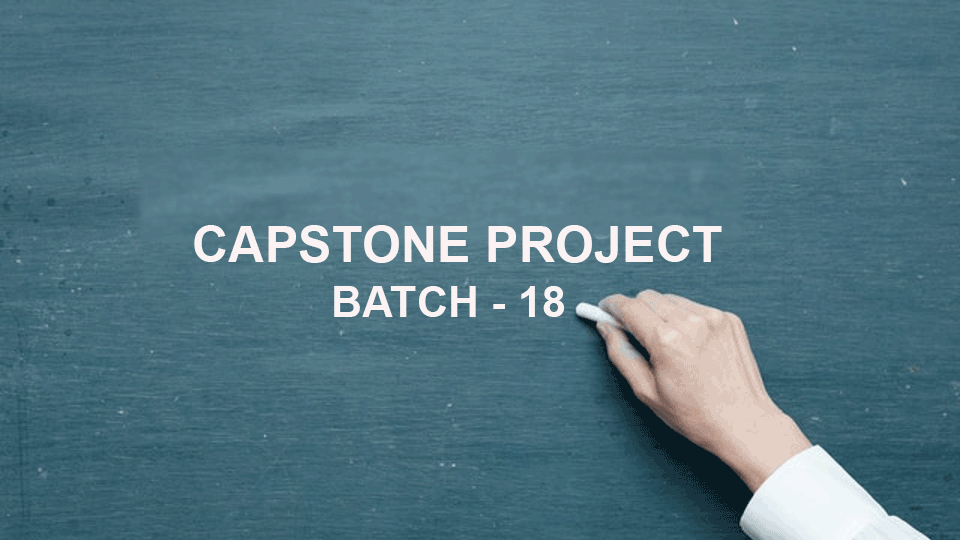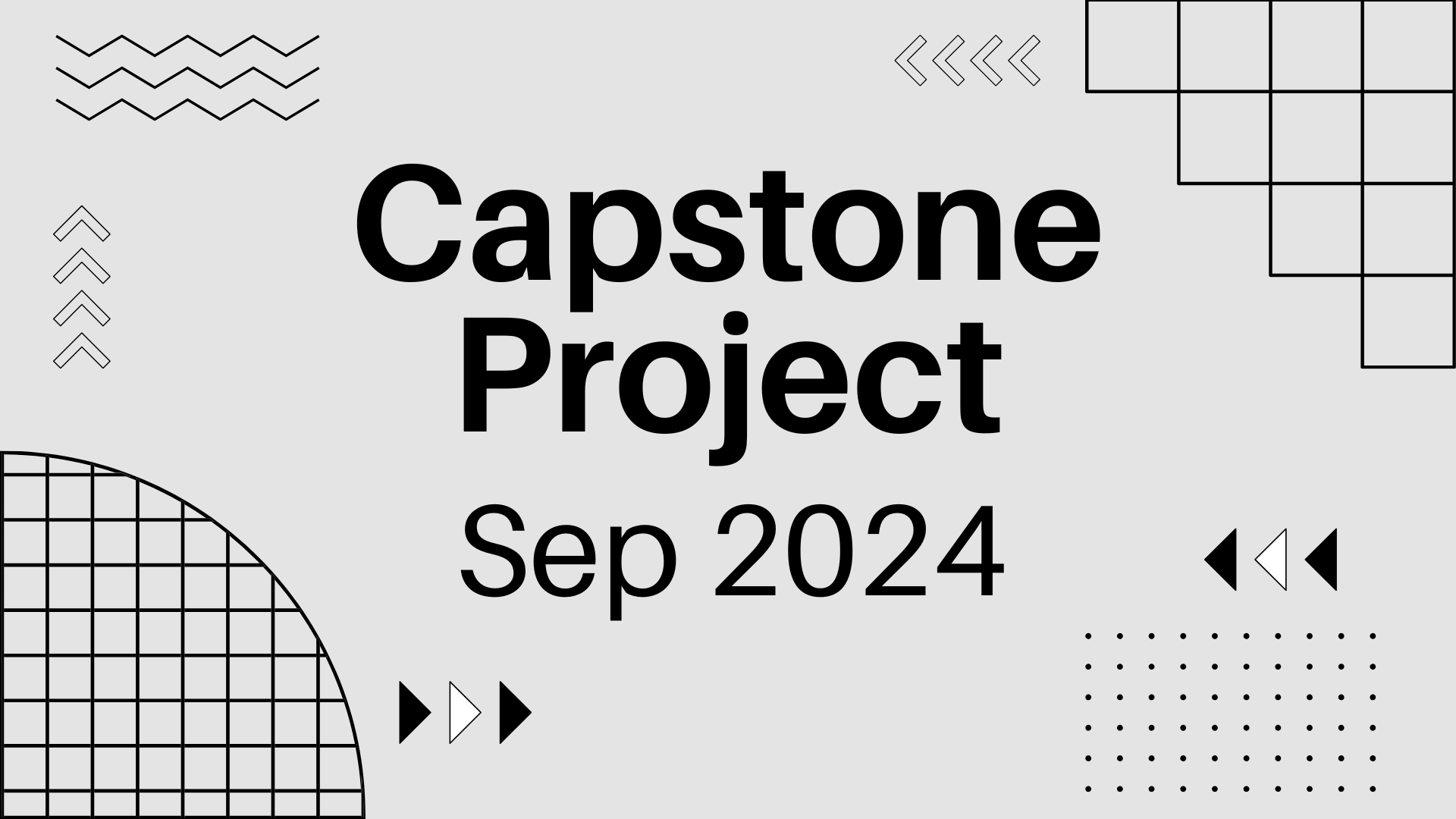Search results: 3642
MBB7010M-2023-24-T4-LDN09 MBB7010M | Capstone Project | 2023-24 T4 (Group LDN09)
Course modified date: 28 May 2015
- Enrolled students: 2
Category: York Business School
MBB7010M-2024-25-P345-NNG09 MBB7010M | Capstone Project | 2024-25 P345 (Group NNG09)
Course modified date: 28 May 2015
- Enrolled students: 23
Category: York Business School
MBB7010M-2024-25-T1-LIN09 MBB7010M | Capstone Project | 2024-25 T1 (Group LIN09)
Course modified date: 28 May 2015
- Enrolled students: There are no students enrolled in this course.
Category: York Business School
MBB7010M-2024-25-T12-LIN09R MBB7010M | Capstone Project | 2024-25 T12 (Group LIN09R)
Course modified date: 18 Jul 2024
- Enrolled students: 10
Category: York Business School
MBB7010M-2024-25-T3-LIN09 MBB7010M | Capstone Project | 2024-25 T3 (Group LIN09)
Course modified date: 15 Aug 2025
- Enrolled students: 16
Category: York Business School
MBB7010M-2024-25-T4-L09FT MBB7010M | Capstone Project | 2024-25 T4 (Group L09FT)
Course modified date: 28 May 2015
- Enrolled students: 3
Category: York Business School
MBB7010M-2025-26-T12-LIN09R MBB7010M | Capstone Project | 2025-26 T12 (Group LIN09R)
Course modified date: 23 Sep 2025
- Enrolled students: 2
MBB7010M-2025-27-L09FT MBB7010M | Capstone Project | 2025-27 (Group L09FT)
Course modified date: 10 Oct 2025
- Enrolled students: 405
MBB7010M-FebSep2023/24-T23-L09FT FebSep2023/24 | MBB7010M | Capstone Project (1 of 2) | T23 (Group L09FT)
Course modified date: 17 Jan 2025
- Enrolled students: 277
Category: York Business School
MBB7010M–SepSep2024/25–T23–L09FT SepSep2024/25 | MBB7010M | Capstone Project | T23 (Group L09FT)
Course modified date: 20 Nov 2025
- Enrolled students: 303
Category: York Business School




